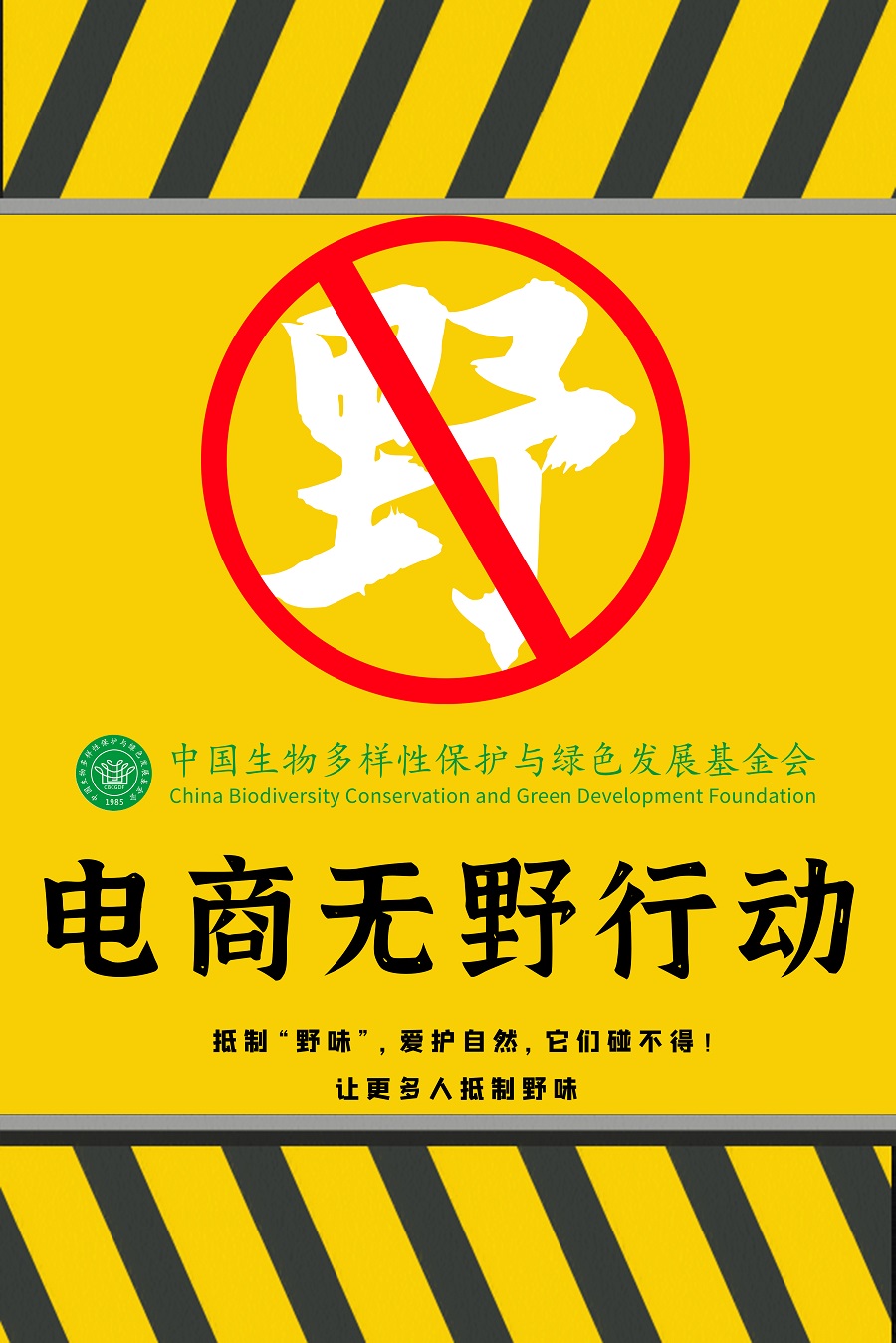E-commerce platforms should record the illegal behaviors of sellers, investors, and consumers involved in wildlife transactions into the personal credit system, so as to record the illegal behaviors of each participant.
Good behavior should be recorded; bad behavior should also be recorded.
I’ve been studying credit, and I think it’s extremely valuable to record personal credit. For example, if a person has any improper behavior in PayPal, such as breaking an appointment, defaulting, etc., he/she may never be able to open an account on PayPal.
In the face of illegal wildlife transactions on the Internet, e-commerce platforms should record the illegal activities of relevant businesses, legal persons of enterprises, investors, online store customer service and consumers respectively. At present, many e-commerce platforms are real name registered consumer users, so these “illegal” or “suspected” information should be recorded in the credit system.
For relevant illegal acts, they should be directly recorded or marked as suspected cases.
The e-commerce platform shall require the judicial organ, law enforcement organ, credit bureau and “Wildlife-free E-commerce” working group to open the inquiry unconditionally. It works in law.
Compared with law, morality and any other forms, a credit system should be used to promote the action of “Wildlife-free E-commerce”. This kind of practice can prevent and restrict illegal activities more quickly, accurately and effectively. Only in this way can we achieve the true “Wildlife-free E-commerce”.
In fact, only a small group of people often engage in illegal activities on the Internet. However, this group of people is extremely easy to commit crimes again.
If the e-commerce platform only considers its own interests and only takes measures to remove the wildlife goods from the platform when facing the inspection, the effect of this is very limited and short-lived. Since in a period of time, those poachers can change their ways to break the law and commit crimes again, or change to other identity registration accounts for illegal transactions. Then the result is that all the procedures of informants, public security organs, law enforcement agencies, investigation, and evidence collection need to be carried out again. Therefore, this is not the solution to the fundamental problem.
Therefore, for those businesses that have ever had illegal wildlife trade online, they should not be allowed to open online stores. There are relevant mechanisms in foreign countries.
Our country should learn from this practice, and require relevant laws to increase accountability for e-commerce platforms, record and provide this illegal information, and take timely measures. If this can be done, the illegal trade in wild animals will soon end.
As everyone knows, almost all the illegal wildlife trade cannot do without an e-commerce platform (such as online shopping platforms, social media platforms, Alipay, WeChat payment, etc.). Even the physical stores, including Huanan Seafood Market in Wuhan, those stores cannot do business without the payment QR code. If the e-commerce platform makes the relevant credit record, then those illegal businesses, sellers and buyers cannot use Alipay and other tools to trade.
This approach will be very effective. On the one hand, the e-commerce platform should be required to immediately perform relevant credit record operations; on the other hand, relevant laws should specify the responsibilities and obligations of the e-commerce platform in more detail. In this way, the wildlife protection will make great progress.
And if we do so, it will be very easy to query the illegal source, because everyone’s identity is unique.
Now, our volunteers all over the country are trying to search for all kinds of wildlife online transactions. If the e-commerce platform cannot restrain itself and just deal with it on the surface, the problem of eliminating the bad habits of eating wild animals will never be solved.
Just like even with the painful lessons and lessons of SARS, the wildlife trade on the e-commerce platform soon returned. This year, the novel coronavirus epidemic from wildlife is still not being avoided.
The illegal wildlife trade on the Internet is covert, frequent and private. The illegal merchants will try their best to evade the inspection, which always makes government departments and law enforcement departments very helpless.
Therefore, the real effective law enforcement does not depend on the increase of the staff number of the industrial and commercial bureau, the staff number of the police or the staff number of the forest police, but on the establishment of a good legal system and the norms of the overall market behavior.
It is hoped that these illegal transaction records and data can be used as credit information of credit investigation institutions, credit institutions, loan institutions, and banks. Only in this way can we fundamentally implement the policy of banning illegal wildlife trade, eliminating the bad habits of eating wild animals, and ensuring people’s life, health, and safety.
We can imagine that if someone had a bad credit record, including the history of wildlife poaching and trafficking, or often bought wild animals for illegal trading, then these credit records would have an impact on his loan, children’s schooling, house purchase, registration agency, would he/she still buy and sell wild animals?
Therefore, the real “Clean Internet Action” should go through the credit mechanism.
This is an important link in the construction of China’s credit system, and also a long-term mechanism to ensure the overall banning of wildlife trade.
(The above is compiled orally without the speaker’s confirmation.)


(Photo credit: CBCGDF)
Original Chinese article:
http://www.cbcgdf.org/NewsShow/4854/11644.html
By / Xue Tongtong Modified / Maggie
